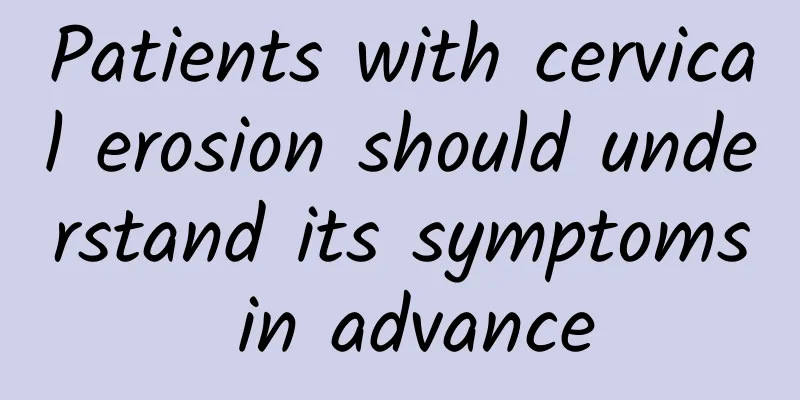Is vaginitis the same as acute vaginitis?

|
Vaginitis and acute vaginitis are both essentially vaginal infections, but acute vaginitis is a specific form that is usually more severe and requires prompt medical attention. Vaginitis can be caused by a variety of factors, such as bacterial, fungal or parasitic infections, while acute vaginitis often presents with rapid onset of symptoms, such as itching, burning and heavy discharge. 1. Causes of vaginitis: The occurrence of vaginitis can be attributed to a variety of reasons. The first is genetic factors. Some women may be naturally more sensitive to one or several pathogens. Environmental factors such as poor hygiene habits, excessive cleaning or the use of inappropriate cleaning products can also cause this disease. Personal physiological factors such as diabetes and immune system defects may also increase the risk of infection. Complications from trauma or surgery are also potential causes. At the same time, pathological factors may include bacterial vaginosis, candidal vaginitis and trichomoniasis, which account for most cases of vaginitis. 2. Treatment of acute vaginitis: Acute vaginitis requires more active treatment. In terms of medication, doctors often choose appropriate antibiotics or antifungal drugs according to the cause, such as metronidazole, fluconazole or clotrimazole. Surgical treatment is rare and is usually only performed when the condition is severe and no medication is available. In terms of dietary conditioning, it is recommended to avoid high-sugar and irritating foods, and increase the intake of probiotics such as yogurt. Keep the affected area clean on a daily basis and avoid using highly irritating hygiene products. When facing vaginitis or acute vaginitis, women need to fully understand its symptoms and severity. If they feel uncomfortable, they need to seek medical attention in time to prevent the condition from getting worse. Regular gynecological examinations and healthy living habits can effectively control the risk of infection. Maintaining proper hygiene habits and paying attention to diet can help maintain the health of the reproductive system. Using the correct treatment method under the guidance of a doctor can not only relieve symptoms, but also effectively prevent recurrence. |
<<: Who is prone to symptoms of Bartholin's gland cyst?
>>: What can't you eat if you have adenomyosis?
Recommend
How to treat vaginitis in girls
The most common vaginitis in girls is vaginal can...
What are the symptoms of early uterine fibroids?
What are the symptoms of early uterine fibroids? ...
Can saffron cause miscarriage? What effects does it have on pregnant women?
Whether saffron can cause miscarriage depends on ...
How much stress can cause menstrual irregularities in women
Stress can cause irregular menstruation in women....
Experts explain the common causes of vulvar leukoplakia
It is very beneficial for the majority of female ...
Does uterine fibroids affect pregnancy? What are the effects of uterine fibroids?
Does uterine fibroids affect pregnancy? What are ...
Diagnosis of menstrual irregularity
Caring for women's health starts with menstru...
What is the normal color and state of vaginal discharge? It changes with the menstrual cycle
Generally speaking, the normal color and state of...
What are the symptoms of functional uterine bleeding in female patients over 47 years old?
DUB is common in women over 47 years old, and is ...
A little helper for weight loss! Japanese-style grilled eggplant with high potassium content reduces edema
Losing weight is a lifelong goal for many people,...
Brief analysis of two common symptoms of cervicitis
Cervicitis is a gynecological disease that causes...
It’s hard to lose weight if you have weak genes! Recognize the 5 major obesity types
Obesity is the root of all diseases. In addition ...
Laboratory tests required for adnexitis
Routine examination of adnexitis: 1. Urinalysis: ...
How to self-diagnose whether you have uterine fibroids?
Uterine fibroids are both gynecological diseases ...
Can cervical warts be cured?
Cervical warts are a type of sexually transmitted...









